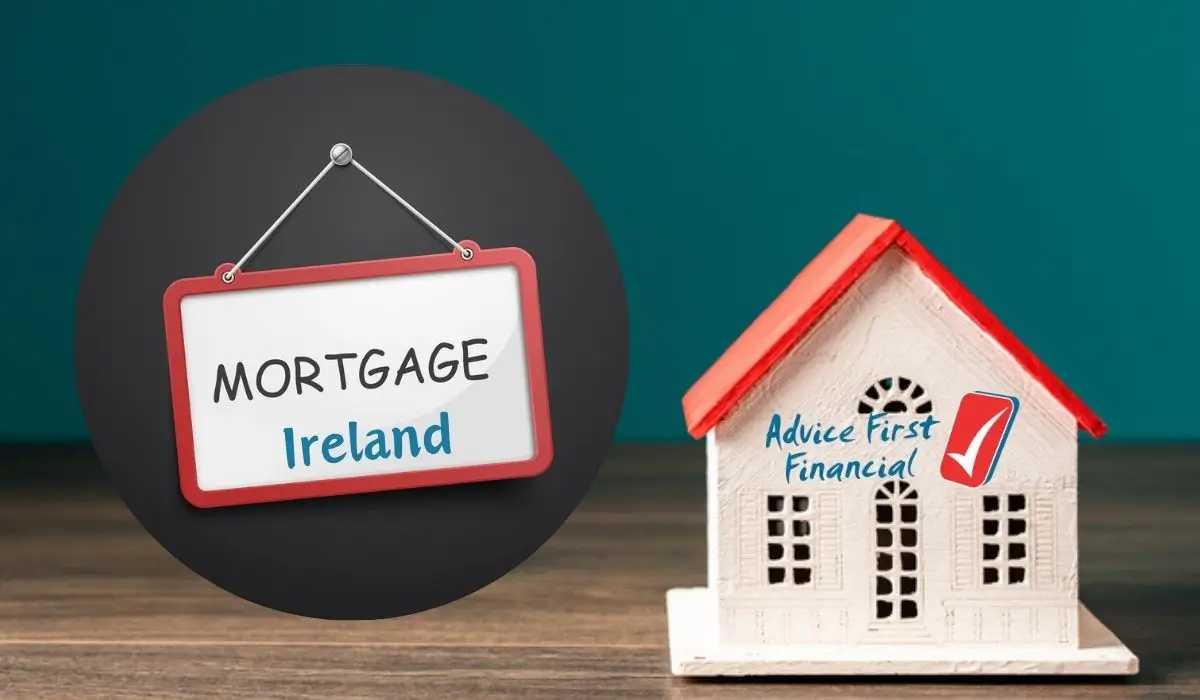
In the US, post-traumatic stress disorder (PTSD) affects about 12 million adults. Moreover, 6% of Americans are predicted to experience PTSD at some point in their lives. For those who serve in the military or other armed forces, this number rises dramatically. In addition, in the midst of the COVID-19 pandemic, more medical professionals are disclosing PTSD cases.
Although there isn’t a simple cure for PTSD, new research is showing how medicinal cannabis may be able to help. The patients are only required to have a medical marijuana card that will provide them legal access to marijuana. Examine how using cannabis and CBD in conjunction with other forms of treatment may help reduce some of the symptoms associated with PTSD.
Using Cannabis for PTSD: Benefits and Mechanisms
The potential therapeutic benefits of cannabis and CBD for PTSD are well supported by science. These are a few of them:
- The brain’s regional cerebral blood flow (rCBF) may be enhanced by CBD. This aids by lowering anxiety and boosting the flow of vital nutrients and hormones throughout the brain.
- Because cannabis helps the endocannabinoid system retrieve memories, it may prevent the mind from replaying traumatic events.
- Respiratory disorders such as asthma and chronic obstructive pulmonary diseases (COPDs), which are more prevalent in people with PTSD, can be treated with terpenes such as pinene.
- It has been demonstrated that the body contains less anandamide in those with PTSD. Increasing the body’s supply of anandamide may aid in elevating mood and lowering anxiety and fear.
- CBD may reduce other sleep-related disturbances, including nightmares.
- Benzodiazepines can be substituted with cannabis. Despite not being advised (contraindicated) for the long-term treatment of post-traumatic stress disorder, benzodiazepines are nevertheless prescribed.
- According to one study, cannabis may help with PTSD symptoms—at least temporarily. According to the same study, cannabis inhalation significantly decreased PTSD symptoms by more than 50%.
On the other hand, there may be negative effects from using CBD and cannabis to treat PTSD.
Optimal Dosing and Methods of Ingesting Cannabis for PTSD
There are numerous choices available to those looking to use cannabis for PTSD treatment when it comes to dosage and consumption.
Inhaling cannabis smoke or vapor has been shown in one study to significantly and momentarily reduce symptoms of post-traumatic stress disorder (PTSD) by over 50%. This is probably related to the immediate bioavailability and effects of smoked or vaped cannabis flower, as well as the deep breathing needed to smoke or vaporize the flower.
Not much more research has been done on consuming cannabis in other ways. Edibles would probably be a useful medicinal tool in smaller doses and offer longer-term relief from PTSD symptoms. Tinctures have similar effects but do so faster.
Possible Risks and Side Effects of Cannabis for PTSD
Many people have found success using cannabis medicine to treat difficult conditions like PTSD. Cannabis isn’t suitable for everyone, though. The following are a few of the negative effects of cannabis use for PTSD or any other condition:
- Headache and nausea
- Intense fatigue
- Insomnia
- Increase in anxiety
- Paranoia (especially in cases where high THC cannabis is consumed)
- Hallucinations (especially concerning for PTSD sufferers who have nightmares and flashbacks)
- Red bloodshot eyes
- Appetite changes
- Mood changes
Before using cannabis or any other medication, you should always speak with your doctor as you may have other adverse effects not mentioned here.
Alternative Therapies for Managing PTSD
The following PTSD treatment options can be used instead of or in addition to cannabis, based on your preferences and how your doctor advises you.
Therapy
Numerous therapeutic modalities are effective, including trauma-focused cognitive behavioral therapy (CBT). Present-centered therapy (PCT), stress inoculation training (SIT), prolonged exposure (P.E.), and cognitive processing therapy (CPT) are some additional therapeutic modalities.
One-on-one therapy sessions with a psychologist or social worker may be consoling for certain individuals suffering from post-traumatic stress disorder. Other people might ask their loved ones for advice. There is no one therapy that works for everyone; rather, there are many, often combined types.
Medications
Antidepressants such as sertraline (Zoloft) are among the medications that some people with PTSD take to treat their condition. Sertraline is also used to treat disorders associated with anxiety, such as panic disorder, social anxiety disorder, and obsessive-compulsive disorder (OCD).
Sedatives such as benzodiazepines, or “benzos,” may occasionally be prescribed for a brief amount of time. Xanax, Klonopin, and Valium are a few examples of common benzodiazepines. Nevertheless, benzodiazepines are extremely addictive, and 17% of benzodiazepine usage overall was found to be related to abuse or misuse, according to one study. Moreover, long-term benzodiazepine treatment for PTSD is not advised because it may make it more difficult for patients to manage their symptoms.
Lifestyle
Exercise, healthy eating, and getting enough sleep are some additional lifestyle-based, non-pharmaceutical treatments. The way that lifestyle factors are used to treat PTSD is very individualized. While some people might find greater comfort in lounging by the fireplace at home, others might benefit more from a vigorous hike in the great outdoors.
How Using Cannabis for PTSD Might Impact Veteran Benefits
Veterans who are investigating the potential benefits of medical marijuana for PTSD frequently worry about losing their Veterans Affairs (V.A.) benefits. The Veterans Administration (VA) clarifies on their website that participation in state marijuana programs by veterans does not impact their eligibility for VA care and services.
Top Cannabis Strains for PTSD Relief
The best strains are the ones that work best for you. Anecdotal evidence, however, indicates that some strains can alleviate the following PTSD symptoms:
- OG Kush
- Cannatonic
- Harlequin
- Blue Dream
- Northern Lights
Terpene-rich strains like myrcene, pinene, and limonene might be beneficial, but we are unable to predict your reaction to any cannabis product in general.
Ending Words!
More clinical trials are required before medical marijuana for PTSD becomes a practical treatment for many veterans and other PTSD sufferers. The best way to treat PTSD is not standardized. Still, someone with PTSD who is dealing with anxiety, depression, and/or insomnia may benefit from using CBD and medical cannabis.
Find out more about the medical use of cannabis in the treatment of PTSD. With the help of a medical marijuana doctor, you can apply for a medical marijuana card, and the doctor will guide you with the safe and legal usage of marijuana






